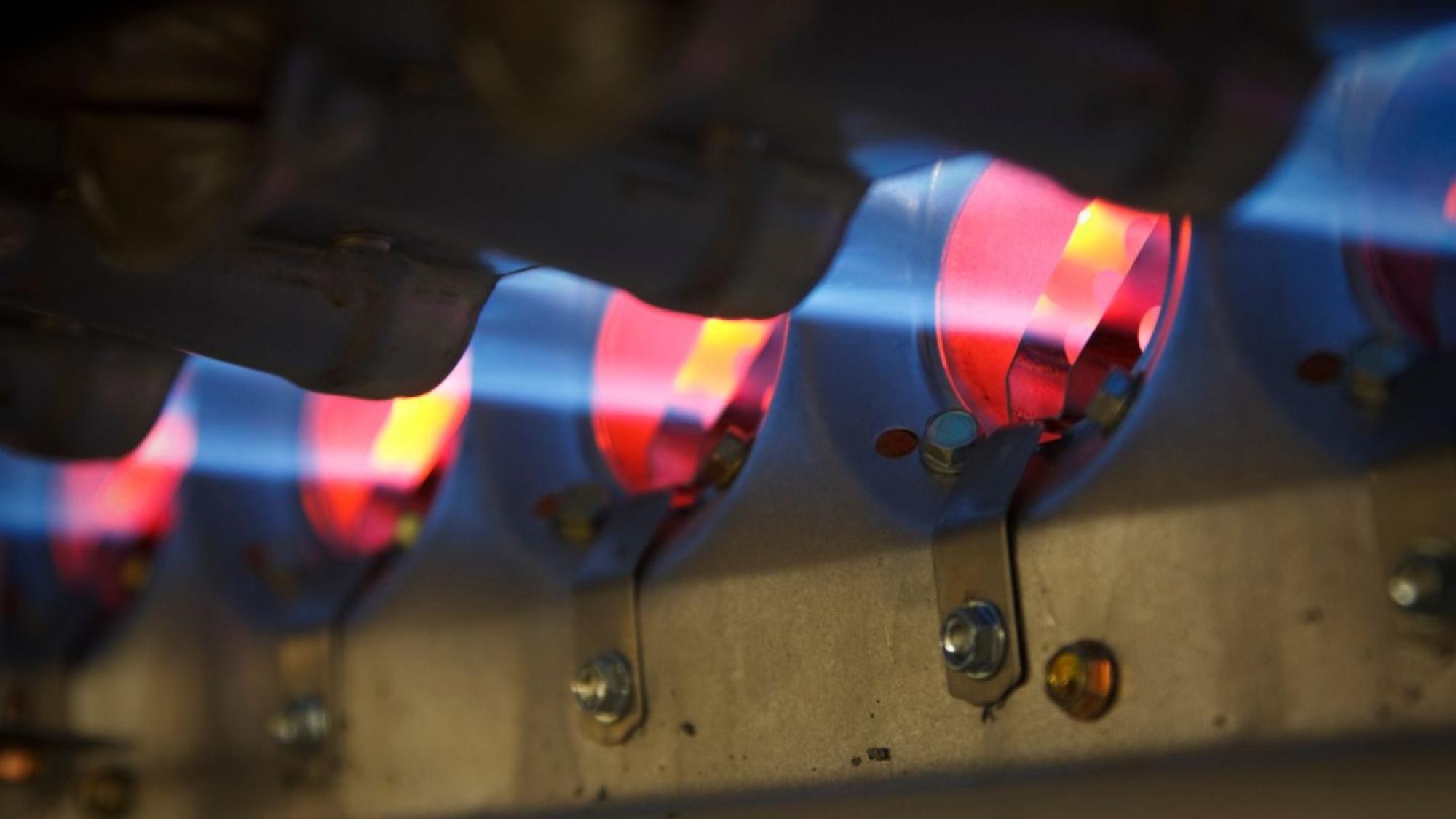Why Are My Radiators Cold When the Boiler Is On? | HVAC Troubleshooting

Why Your Radiators Are Cold Even When the Boiler Is On
Heating Issues Homeowners Shouldn’t Ignore
You’ve turned the boiler on, but your radiators are still chilly, frustrating, especially on a cold day. This common issue can signal a range of problems, from simple air blockages to more serious mechanical faults.
In this guide, we’ll explore the most likely causes and solutions so you can restore warmth to your home.
Common Reasons Your Radiators Stay Cold
Even if your boiler is working, there are several issues that may prevent hot water from properly circulating through your radiators:
Trapped Air in the System
Air pockets often build up in radiators, blocking hot water from reaching the top or filling the unit evenly. The fix? Bleed your radiators using a radiator key to release trapped air.
Faulty Thermostatic Radiator Valve (TRV)
If the TRV is stuck or faulty, it may shut off flow to the radiator, even when the boiler is running. Try adjusting the valve or call a technician if it seems jammed.
Sludge or Debris Buildup
Over time, rust and sludge can accumulate in your radiators, especially if your system lacks regular maintenance. This can restrict flow and reduce heating efficiency. A system flush may be needed.
Boiler Pressure Too Low
Your boiler’s pressure should typically sit between 1–2 bars. If it’s too low, radiators might not get enough hot water. Check the pressure gauge and re-pressurize if needed (refer to your boiler’s manual).
Circulation Pump Failure
The circulation pump pushes hot water through the system. If it’s faulty or not running at the correct speed, radiators can remain cold. This usually requires professional repair.
Are All Radiators Cold or Just Some?
This distinction can help diagnose the issue:
- All radiators cold: The issue is likely with the boiler, circulation pump, or central thermostat.
- Only one or two colds: Airlock, a stuck valve, or localized sludge buildup is the likely cause.
Should You Try Fixing It Yourself?
Some issues, like bleeding a radiator or checking boiler pressure, are safe for homeowners to try. But if you suspect a faulty pump, sludge buildup, or internal boiler problem, call a licensed HVAC technician for boiler repair.
Preventing Cold Radiators in the Future
- Schedule annual boiler servicing
- Bleed radiators before heating season starts
- Install a magnetic filter to trap sludge
- Use quality water treatment products to prevent corrosion
- Monitor pressure and valve performance regularly
Final Thoughts: Restore Comfort to Your Home
Cold radiators don’t always mean your boiler is broken, but they do mean something needs attention. Understanding the cause is the first step to restoring full heat circulation and keeping your system efficient.
Need help troubleshooting your cold radiators? Contact HVAC Near Me to book a professional inspection or boiler service in your area.
